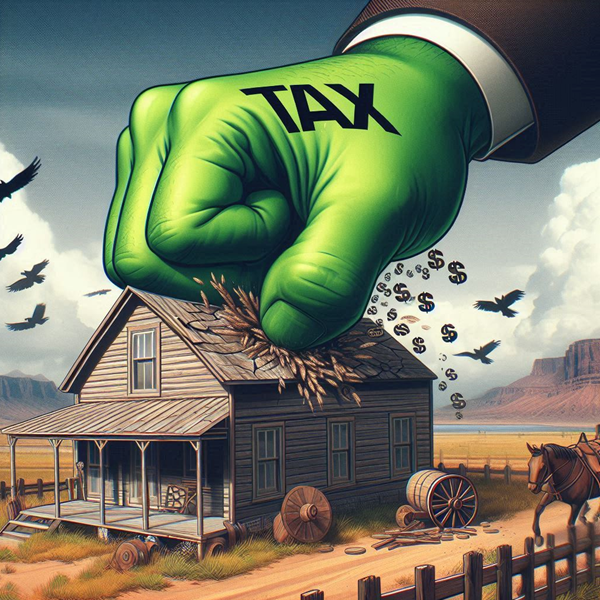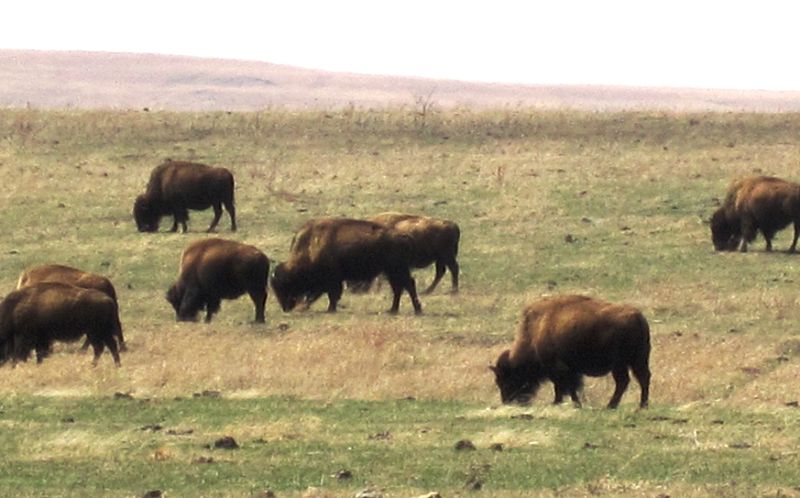Posted by Mountain States Legal Foundation
Denver, CO. – January 11, 2021 – Mountain States Legal Foundation last week urged the U.S. Supreme Court to declare a California law requiring private businesses to open their property to hostile union organizers a “taking” under the 5th and 14th Amendments to the U.S. Constitution, arguing that such access mandates deny those businesses their fundamental “right to exclude” unwelcome parties from their property. If the Court agrees, that will force California to pay just compensation to property owners whose property rights are violating by its pro-union law.
MSLF argues in the brief that such access mandates deny those businesses their fundamental “right to exclude” unwelcome parties from their property. MSLF further argued that such state-sanctioned property right violations help shine a light on the philosophical rot that has infested American property law since the Progressive Era.
A correct ruling in Cedar Point Nursery v. Hassid would not only negate a law that unjustly favors unions over business; it could also bolster property rights by allowing property owners to seek compensation when a law or government action compels them to open their property to such uninvited and disruptive intrusions.
These aren’t academic arguments to Cedar Point Nursery and Fowler Packing Company of Dorris California, which became the target of a highly disruptive and intimidating picketing and organizing campaign by the United Farm Workers in 2015. The organizers didn’t just picket outside the business. They stormed right in, bullhorns blasting, to trim sheds where hundreds of employees were preparing strawberry plants during the busy harvest season.
Many workers reportedly found the brazen intrusion disruptive and intimidating. And the company’s owners and managers obviously were displeased, to say the least. But it was all allowed under a California Union Access Regulation that allows union organizers to enter a business’s private property three hours a day, 120 days a year. Nothing in the regulation provides a mechanism for compensating business owners for the impacts of such intrusions, adding injury to insult.
The businesses sued in a bid to restore their trampled property rights and, failing that, at least force state-sanctioned property rights violators to pay for their “taking” of a business owner’s property, time, and lost productivity. In a previous ruling in the case, a divided 9th Circuit panel held that, although the regulation takes an uncompensated easement, it does not constitute a physical taking of private property because it does not allow occupation for “24 hours a day, 365 days a year.” As an eight-judge dissent to the 9th Circuit’s refusal to rehear the case en banc noted, that “decision not only contradicts Supreme Court precedent but also causes a circuit split.” That’s how the case came before the U.S. Supreme Court.



